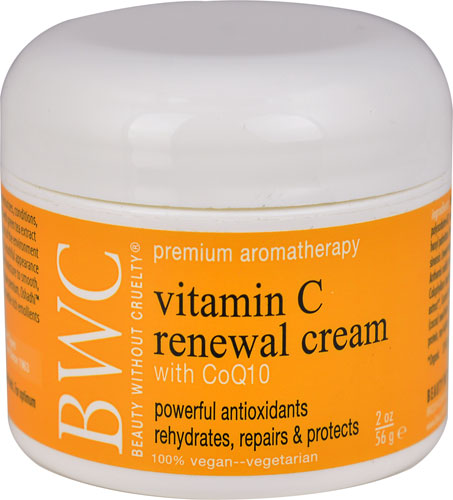When it comes to sun safety, the importance of looking out for your skin cannot be overstated. The American Cancer society cites that a whopping one in five Americans will develop skin cancer at some point in their life. And unlike other cancers which are predominately seen in one’s later years, melanoma, the most deadly form of skin cancer, is the second most common cancer in those aged 15-29 years. This is an especially personal topic for me, as I was one of those who received a melanoma diagnosis within that age range.
Luckily my diagnosis was early and treatable, but like anyone in my situation I wanted to learn what I could do to maintain my health down the road. As a dietitian, I instantly started to research the interplay between food choices and skin health. Read below for what I learned on my journey!
1. Overall, the research evidence is pretty minimal.
Studies which rigorously test the connection between skin cancer and diet are tough to conduct, especially when taking into account the many other variables that impact risk, as well as the inherent challenges in doing dietary studies. This is important to remember when drawing any firm conclusions about food and this specific type of cancer. On the other hand, there is a lot more research looking at overall cancer risk and dietary patterns, which is still very helpful in terms of prevention.
2. Focus on plants.
Among the research that has been conducted, certain foods which contain beta-carotene and vitamin C have shown some promise in terms of healthy skin. These foods include beans/pulses, carrots, chard, pumpkin, broccoli and cabbage. Other potentially beneficial foods include grapes, nuts, apples and onions due to biologically active compounds such as resveratrol. As stated in point #1, the full function of these compounds is still not totally understood. Overall, the message from these various studies is that a diet rich in fruits, vegetables and nuts is best for overall health and prevention.*
3. Go slow with supplements.
When you receive a scary diagnosis, or are trying to prevent one, it’s easy to fall into the trap of “too much of a good thing.” Several trials that have looked at supplementation of nutrients thought to be related to skin health, such as vitamin C, vitamin A and selenium, have found that supplementation may not reduce (and may actually increase) risk in certain cases.* Focusing on food first is the best strategy for prevention and overall health. If you’re thinking of taking a dietary supplement for prevention, discuss with your doctor and registered dietitian to go over the latest research and clinical recommendations.
Ultimately, avoiding sun exposure is the most important thing you can do to prevent skin cancer. Eating a colorful, varied diet that includes plenty of fruits and vegetables is another smart strategy. Remember that fruits and vegetables in all forms are beneficial -- fresh, frozen, canned, dried and 100% juice. Make the healthy choice the easy choice by stashing these foods at home and work, right next to the sunscreen!




